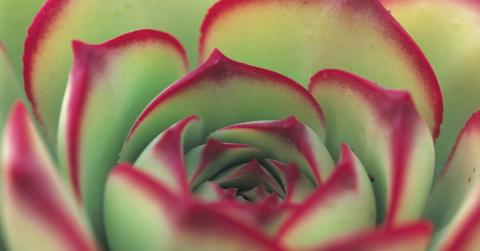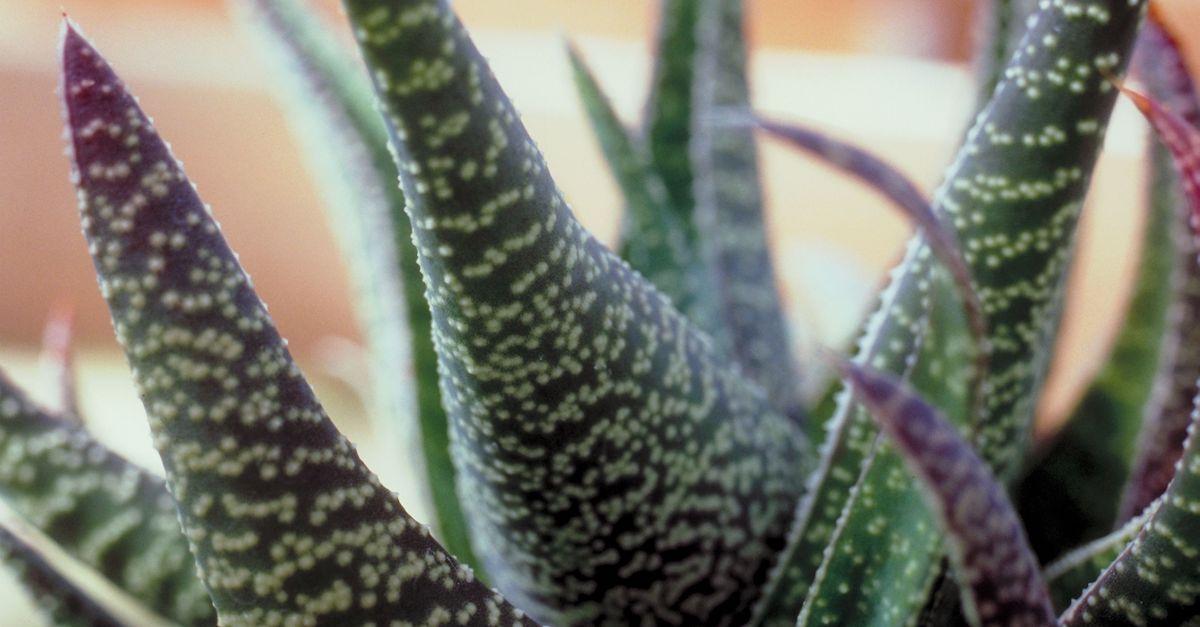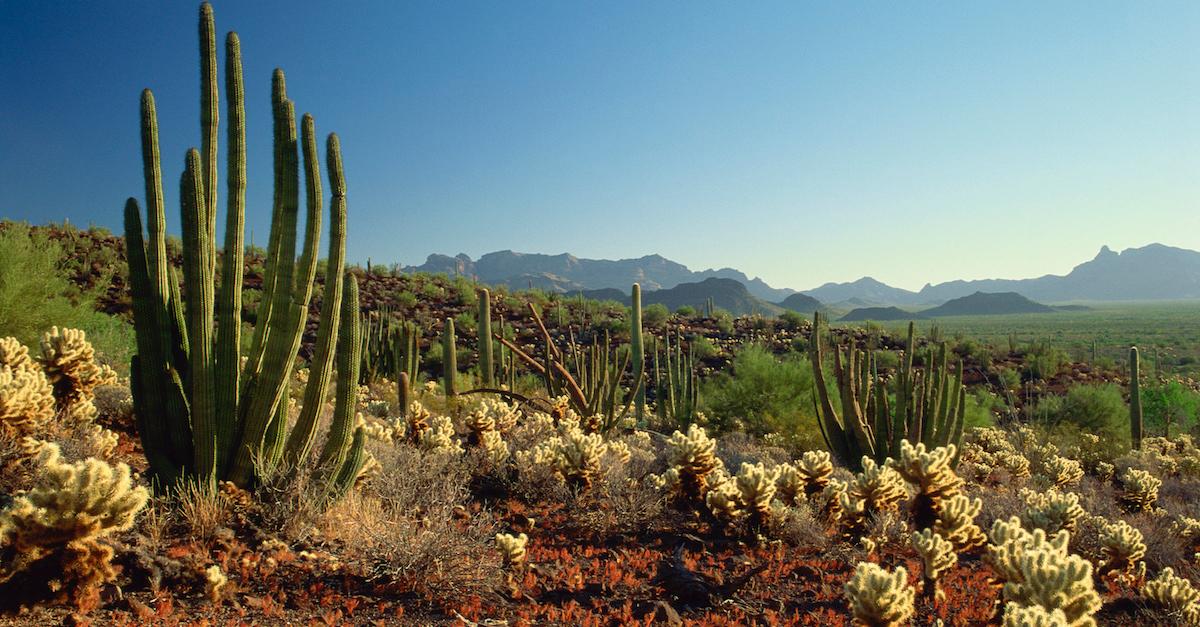Our Houseplant Obsession Has Lead to Devastating Amounts of Succulent Poaching in Africa
Published Aug. 9 2021, 4:06 p.m. ET

Time and time again, you've likely heard about animal poaching as a rampant environmental issue that various countries across Africa face regularly — but have you ever heard of plant poaching? South Africa is currently experiencing an influx of crimes involving people poaching rare succulents, to fulfill our relentless hunger for adorable, prickly houseplants; and unfortunately, it's resulting in dwindling numbers of many plant species across the country.
“80 percent of [my cases] are plant cases” said South African officer, Captain Karel Du Toit, who told The New York Times that he feels as though busting plant poachers has become somewhat of a full-time job. “The problem is getting huge... [foreign buyers] supply the local people with GPS readings for spots where the plants grow."
Keep reading for more on this serious crime against nature.

Here's what you should know about the succulent poaching problem in South Africa:
Generally, with any run-of-the-mill poacher, you would probably imagine someone decked out in animals furs and hunting rifles — but succulent poachers and smugglers look a little different. According to Business Insider, succulent poachers are roaming across South Africa, where about a third of the planet's succulents are found. They're digging up these rare plants and cacti, and selling them to plant lovers across Asia, Europe, and North America to quench the rising demand for houseplants.
And although succulent poaching doesn't involve hunting, the life of a succulent poacher is equally intense to that of an animal poacher — it's a lucrative industry, and with large amounts of illegal money often comes large amounts of crime. Oftentimes, these deals are usually coordinated trans-continentally — citizens in other countries send GPS coordinates to locals, who raid sites with large amounts of rare succulents. They do this to prevent bigger poaching organizations from getting busted.
In April 2020, for example, someone in Los Angeles, Calif., was found to be connected to someone who dug up about 8,000 native Conophytum plants in South Africa. This person has since been sentenced to two years in jail — and there are likely more people in his position living around the world.

Why is succulent poaching a big deal?
Plant poaching is a major issue because many of these species' numbers were small to begin with — according to EcoWatch, some threatened succulent species are only found in certain valleys, or atop select mountains. In fact, just one poaching spree could truly send one type of plant into extinction.
"In regards to rare, more than half of the plants from the region were not rare, but are now becoming rare," Pieter van Wyk, a botanist from Richtersveld National Park in South Africa, told EcoWatch.
High succulent demand is currently surpassing the planet's natural supply, especially for already-endangered species. Therefore, the black market is thriving — especially with the pandemic inspiring more "plant parents" to pursue their green passions. Iconic species such as Venus flytraps and rosette succulents like the Dudleya could die off within the next few years. This will drastically affect ecosystem health, as each plant plays an important role in the planet's ecosystem.
So, how can you tell if your plant was sourced legally? EcoWatch recommends that rare plant collectors look at the tray of plants in question — those that come from a nursery with legally-sourced plants are uniform size-wise, whereas poached plants will vary. The soil from a nursery plant will also be more uniform than that of a black market plant. Mixed soil, or soil with weeds growing in it, generally implies the plant was grown in the wild. Sustainable fashion model, Summer Rayne Oakes, posted a full video on how to make sure you aren't buying poached plants, too, for more information on this extremely prevalent environmental issue.